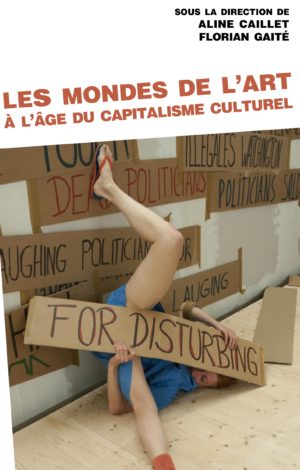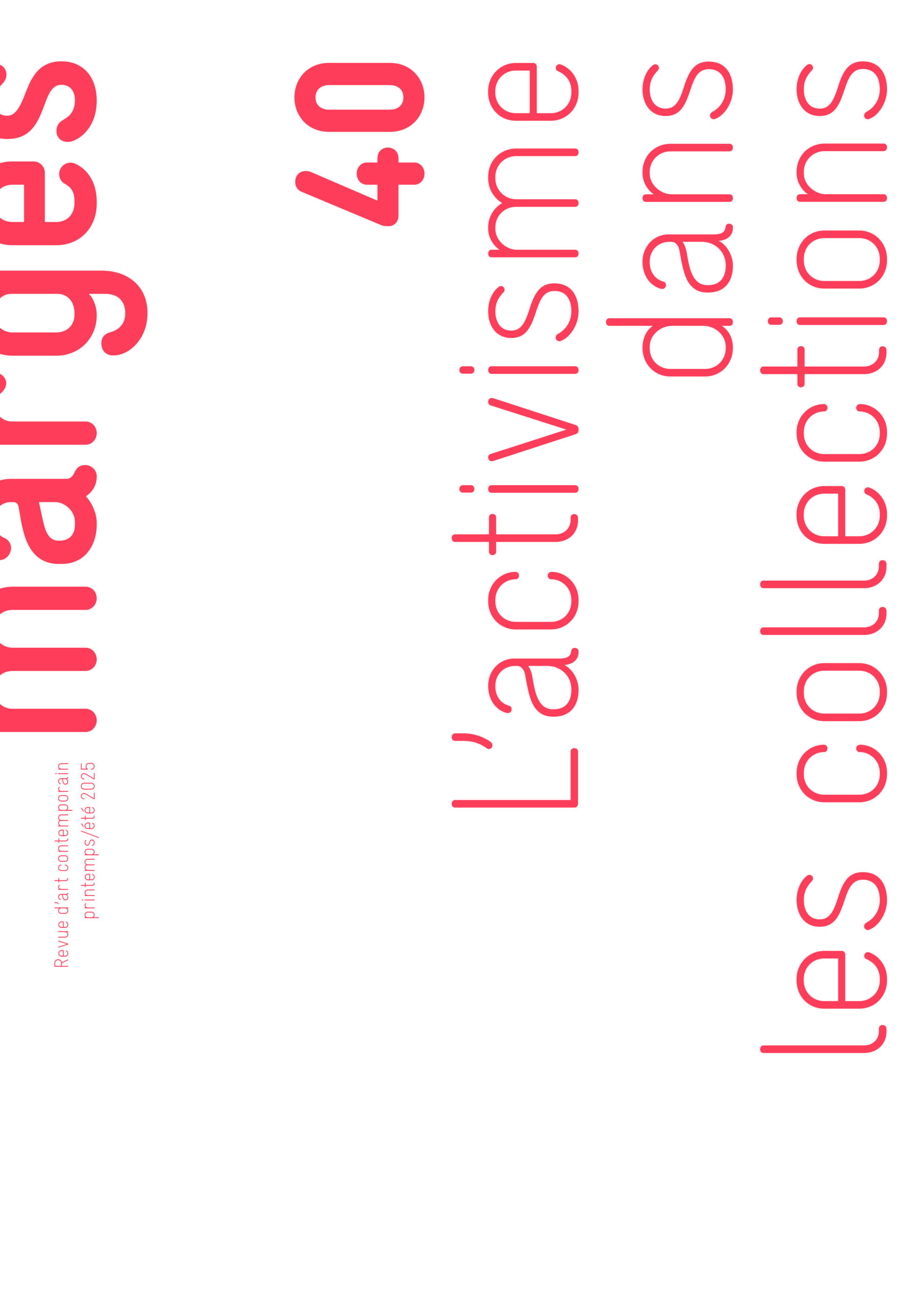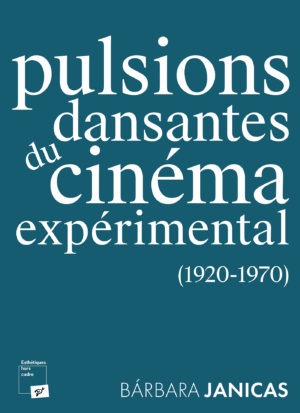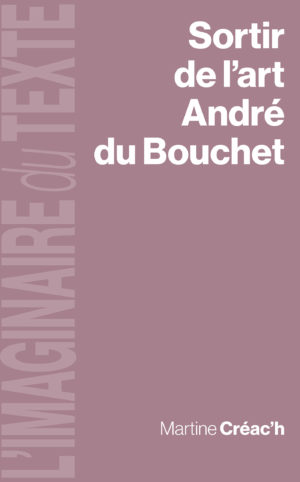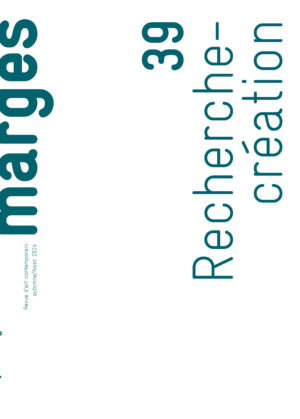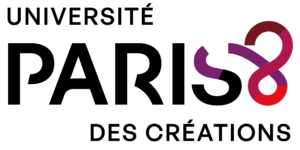“Subversive dialogues: redefining the Western museum through performative interventions”
Laura Bullon-Cassis et Nataliya Tchermalykh
In recent years, large museums have increasingly become sites for subversive performances articulating diverse aesthetic and political claims. These actions challenge norms within museum spaces, disrupting their purpose of passive collecting and cultural contemplation. This paper examines such performances through feminist, postcolonial, and ecological critiques, exploring how they disrupt the museum’s symbolic order and spark debates on colonial provenance, patriarchal representation, and climate justice.
Key words: Museum activism – Feminist performance – Postcolonial critique – Ecological activism – Civil disobedience
“Conserve the works or the planet? Museums attacked by eco-activists”
Anne Bessette et Anaïs Roesch
This article takes as its starting point a analysis of the acts of civil disobedience that took place around works of art held in museum collections in 2022-2023, and proposes a reflection on the way in which museums have responded—and could respond—to these actions and the demands that underpin them. This article therefore aims to examine how museums have responded to these actions and the underlying demands, while exploring the broader implications of this interaction between environmental activism and cultural institutions. It raises the essential question of the responsibility of museums as cultural institutions in a world facing unprecedented ecological challenges.
Key Words: Civil disobedience – Museum – Environmental activism
“An illusory use of freedom. The new ethical mission of museums”
Davide Da Pieve
This study examines the challenges and contradictions in the new museum definition proposed by ICOM (International Council of Museums) in 2022, especially in relation to climate activism within museums. As ICOM advanced its “ethical turn,” movements like Just Stop Oil and Last Generation launched protests inside museums. While advocating for ecological causes, these actions indirectly raised significant questions about the neutrality and impartiality of cultural institutions that this study aim to inquire.
Key words: Museum – Definition of the ICOM museum – Ethical turning point – Climate activism – Museology
“Environmental activism in collections through the prism of the aesthetics of Günther Anders”
Anna Longo
The article discusses the attacks by young climate activists on works of art in museums collections. It provides a reading guided by the reflections of Günther Anders, in particular by his conception of the role of aesthetics. From this point of view, ecologists actions can be considered as reactivations of the function of making visible the reality hidden behind ordinary representations.
Key words: Moral requirement – Aesthetics – Activism – Museum
“The crystallization of the happening: the image and time of a transgressive act – the debunking of the bust of Frederik V”
Elisa Leïla Durand
In 2020, an anonymous artistic collective in Copenhagen submerged a replica of King Frederik V’s bust in a happening designed to highlight Denmark’s colonial history. Branded as vandalism, this contentious act raises critical questions about the political and legal ramifications of artistic expression. The article explores its aesthetic and political significance, its depiction through narratives, its reception in media and socio-political discourse, and its subsequent appropriation by the Royal Danish Academy and Kunsthal Charlottenborg.
Key words: Happening – Decolonial / postcolonial history – Iconoclasm – Cultural archives – Performativity
“Activism through the occupation of museums in Occupy Wall Street”
Özge Derman
This article focuses on a case study of activism consisting of the direct action of occupying
museums during the Occupy Wall Street movement in New York in 2011. During the
movement, the museum as a cultural institution was denounced as a true symbol of the
relations of power and capital within the organization of the art world. The question is to
analyze the actions of the “Occupy Museums” group that targeted the museum institution and
to understand the impact of the whole new culture of OWS on these direct actions.
Key words: Occupy – social movements – direct action – activism – museum
“Make the museum and its art and natural history collections the objects of an activist artistic practice”
Geneviève Chevalier
This paper aims to understand and define a posture that could be described as activist, even if it does not necessarily rely on a coup d’éclat, but rather on a form of reflexive action that unfolds in continuity and is defined by constancy. This activism has a collective dimension because, although it is carried out by people working in different fields and using a range of means (including, paradoxically, a coup d’éclat), it is based on shared concerns. This essay is therefore based on an analysis of my artistic practice, which is rooted in museum collections and the living. Because if, over and above the artistic issues that drive my work, the whole of my practice is geared towards rejecting the dominant perspective and the ways of doing things that surround the living, then I think I can use the term activism to describe it.
Key words: Artistic practice, Contemporary art, Activism
“Deborah de Robertis interview with Lisa Bouraly and Marie Fraser”
Deborah de Robertis, Lisa Bouraly et Marie Fraser
Deborah de Robertis is an artist and performer born in Luxembourg. She is best known for her nude performances in front of major works of art, notably at the Musée d’Orsay and the Musée du Louvre. Her performances reflect on the gaze, the model, the representation of women and their place in art. Their artistic and political radicalism has led to several legal disputes. After her last performance on 6 May 2024 in the exhibition « Lacan, quand l’art rencontre la psychanalyse » at the Centre Pompidou Metz, which triggered a series of denunciations of sexual abuse targeting the art system, it seemed essential to give her a voice in the context of a reflection on activism in collections.
